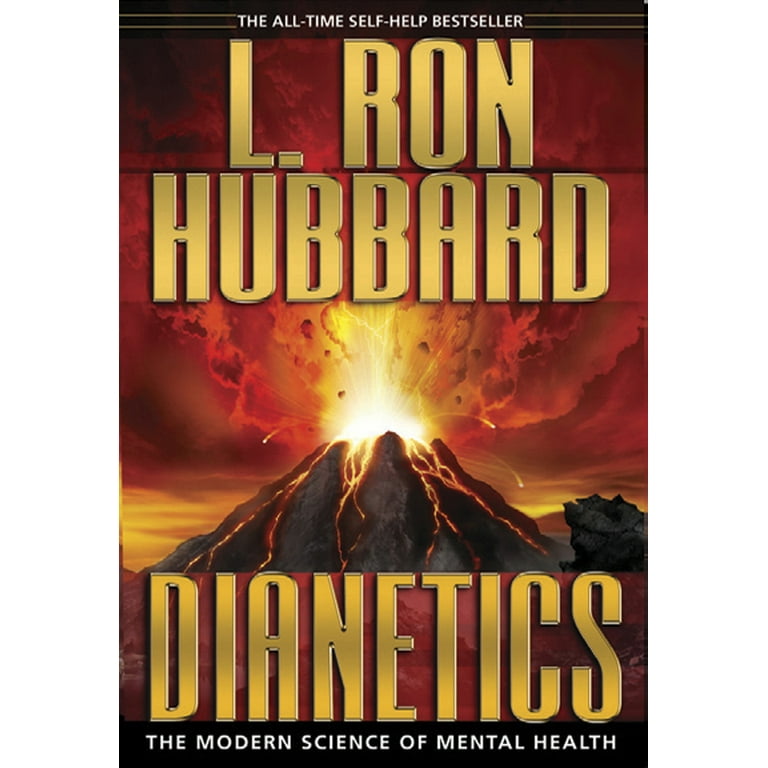Dianetics - Questions
Dianetics - Questions
Blog Article
The Definitive Guide to Dianetics
Table of ContentsNot known Facts About DianeticsThe Of DianeticsLittle Known Facts About Dianetics.The Basic Principles Of Dianetics
I could not ever not intend to obtain anything that enters your mind for you- if it was otherwise, I wouldn't be resting right here with you, doing this. I not only can never ever have an issue, or not desire to hear something that comes to mind for you, yet I'm totally eager to recognize every concept, every thought, every photo or sensation that emerges or shows up for you- don't ever assume otherwise, and if for one reason or another you do, please simply let me recognize! Sometimes, you might have a thought, and photo, concept or event turn up that does not appear to respond to the question, or connect to it, however nevertheless, constantly do tell me concerning it, and as we continue, the importance will arise for you.This is intrinsic in the basis of processing, and the topic of this discussion: the fundamental roles of the therapist and the client: The standard role of the therapist is, in contrast to "basic training", not to regulate, which implies to apply and/or prevent, yet to instead function from the basis of EMPOWERING THE CUSTOMER.

The 25-Second Trick For Dianetics
John Mcmasters revealed this standard truth splendidly well in one of his lectures on Power handling, wherein he describes just how he was asked what this "special flair" was that he had for giving such wonderful sessions; he had to consider that for a moment, and found that it was what he had not been doing, as well as what he was doing: he wasn't examining, evaluating, computing, or in truth, creating any type of ideas, allow alone verbal expressions, after providing the command and while waiting for the PC to finish their solution to their fulfillment; he was, simply and only, existing with the computer, and entirely interested.
The role of the counselor, demonstrated; that was his "unique knack". I have actually had my very own experience which educated me this well, really early on in the game. In 1982, having lately finished my training and teaching fellowship on New Period Dianetics, I was running this on a COMPUTER, and there was a factor in the session where (being a bit wet behind the ears not yet having numerous hours under my belt as a professional auditor) the PC seemed to be "taking also lengthy" to reveal anything verbally after I provided him a command.
This secret became one of the most useful contribution that John ever made to the subject of treatment read this or bookkeeping (Dianetics). In my simple viewpoint, it is the best contribution that anyone has actually ever before made to these subjectsthe application is totally non-judgemental, non-evaluative, and lacking any suggestion, suggestions recommended you read or opinion.no preconditioned program for people, or 'degrees' that they need to do
In Idenics, the only resource of information about a customer is the private client. In Scientology we prided ourselves on not reviewing for individuals. But all that actually indicated was that the auditor did not VERBALLY review for the computer in session. The registrars and principles police officers examined for the PC.
The Greatest Guide To Dianetics

Any individual who had ever before seen John audit might not aid however see a special quality in his bookkeeping."The customer's fundamental duty is to be there with the purpose of relocating in the direction of their spiritual goals, and to openly and completely share and experience whatever manifests for them in addressing the questions and carrying out the instructions in the processing.
This is something to procedure as needed. However additionally, people often have previous experience and/or indoctrination in auditing/processing which, in some methods, and to some extent, actually misinforms them into mindsets, concepts and actions patterns that prevent the full understanding of these roles, and so they will often tend to hinder the expressing of what comes to mind, as in the instances offered over. * The very first, and maybe leading instances of mis-indoctrination bring about much less than completely smooth and effective sessions, can be found in certain aspects of the training routines, or "TR's":"TR's" are frequently a person's first, or at the very least early, experience in Scientology, and while I will go on to explain what I see as the flaws in concept and practice, nevertheless, often tend to be greatly therapeutic, done as they are offered (Hubbard insists that "TR's are not processing, they are educating", yet factually, they are both handling AND training)
There is no "flunking", and no rejection of the truth of this being processing. The emphasis, as it ought to be, is on experiencing the various other person's presence.
Dianetics Things To Know Before You Buy

Report this page